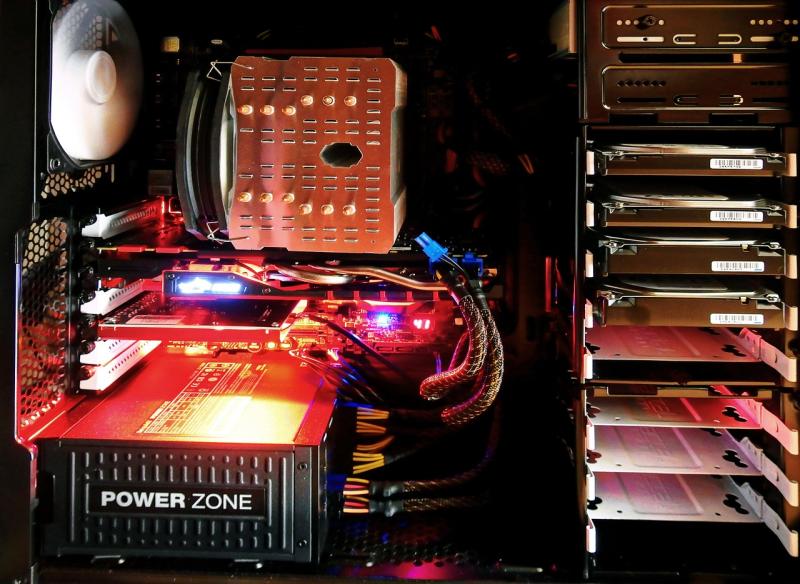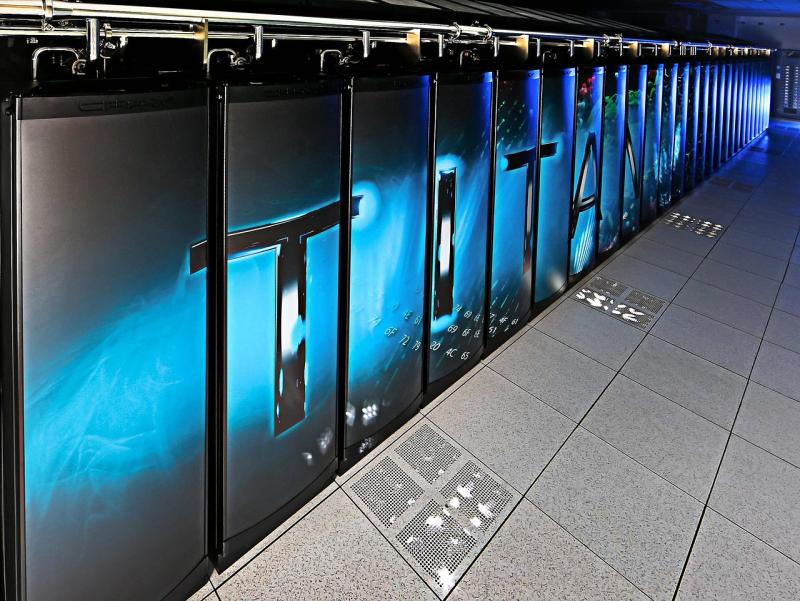**Introduction**
Artificial Intelligence has transcended software applications, becoming a core feature of modern PC hardware design. AI-driven technologies are now integrated into processors, cooling systems, and even storage devices, creating systems that can learn from usage, adapt to changing conditions, and optimize performance without manual intervention. This article highlights how AI is revolutionizing hardware—from dynamic power management to predictive diagnostics—and how these innovations translate into smarter, more efficient PCs.
**Technological Innovations**
- **AI-Enhanced Processors:**
Modern CPUs incorporate machine learning algorithms that monitor demand, adjust clock speeds, and optimize power consumption dynamically. These adaptive technologies lead to improved performance while reducing energy waste.
- **Smart Cooling Systems:**
Integrated sensor networks and AI‑based control systems continuously monitor temperature and adjust fan speeds and coolant flow autonomously, ensuring efficient thermal management.
- **Predictive Maintenance:**
AI‑driven diagnostic tools analyze performance data over time, predicting potential hardware failures before they occur, and alerting users to necessary maintenance.
- **Adaptive Storage Solutions:**
Next‑generation SSDs and NVMe drives may soon integrate AI to manage data placement and cache frequently accessed files dynamically, minimizing latency and maximizing throughput.
**Applications and Benefits**
- **Optimized Energy Efficiency:**
Dynamic adjustment of processing and cooling parameters improves overall energy efficiency, reducing electricity costs and environmental impact.
- **Enhanced Performance:**
AI algorithms ensure that system performance remains optimal by intelligently balancing workloads and preemptively addressing bottlenecks.
- **Long‑Term System Reliability:**
Predictive maintenance tools help prolong the lifespan of components by preventing overheating and mitigating wear and tear.
- **User-Centric Adaptability:**
Systems that learn from user behavior can offer personalized performance profiles, creating more responsive and intuitive computing experiences.
**Future Directions**
As AI integration deepens, future PCs may feature fully self‑optimizing systems that adjust in real time to workload fluctuations. The convergence of AI, machine learning, and IoT will foster hardware ecosystems that not only self‑diagnose but also self‑repair or optimize based on dynamic user requirements, redefining what it means to have an “intelligent” computer.
**Keywords:** AI in PC hardware, smart computing, adaptive systems, AI‑enhanced processors, predictive maintenance, dynamic cooling, energy‑efficient, intelligent PC, machine learnin
AI-Driven PC Hardware
Smart Systems for Intelligent Computing
Related Articles
Essential High-Performance PC Components You Need Now
Upgrade your setup with the must-have parts for unbeatable gaming and productivity
Top Picks for Best High-Performance PCs
Find the perfect power machine for gaming, work, or creative projects
Your Guide to the Best High-Performance PCs
Find the Right PC for Your Gaming and Creative Needs
View our related products
See more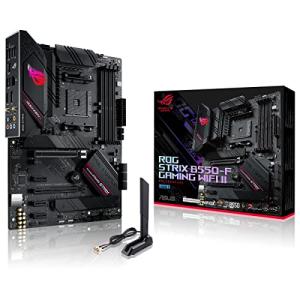
ASUS ROG Strix B550-F Motherboard
Asus
Product Review Score
4.48 out of 5 stars
227 reviews$189.99 $149.99
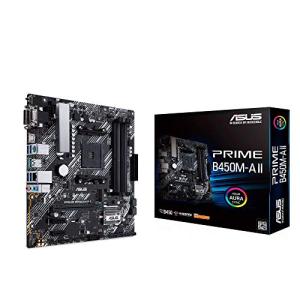
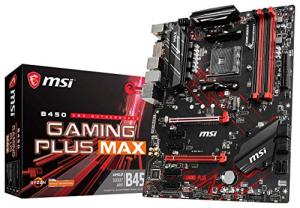
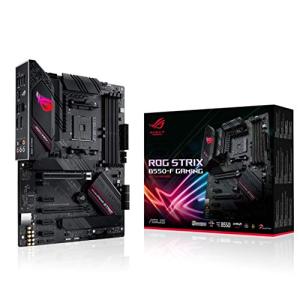
ASUS ROG Strix B550-F Motherboard
Asus
Product Review Score
4.41 out of 5 stars
170 reviews$159.99 $149.99


